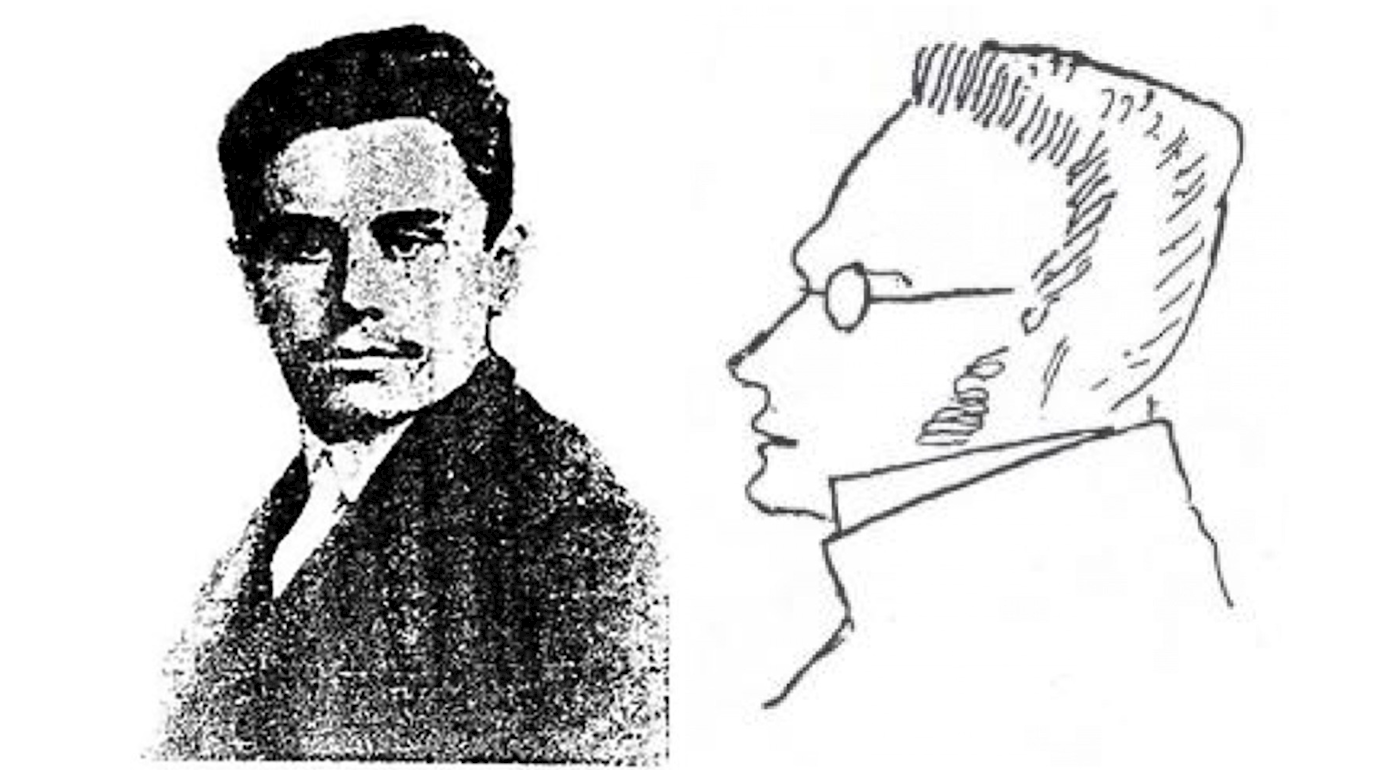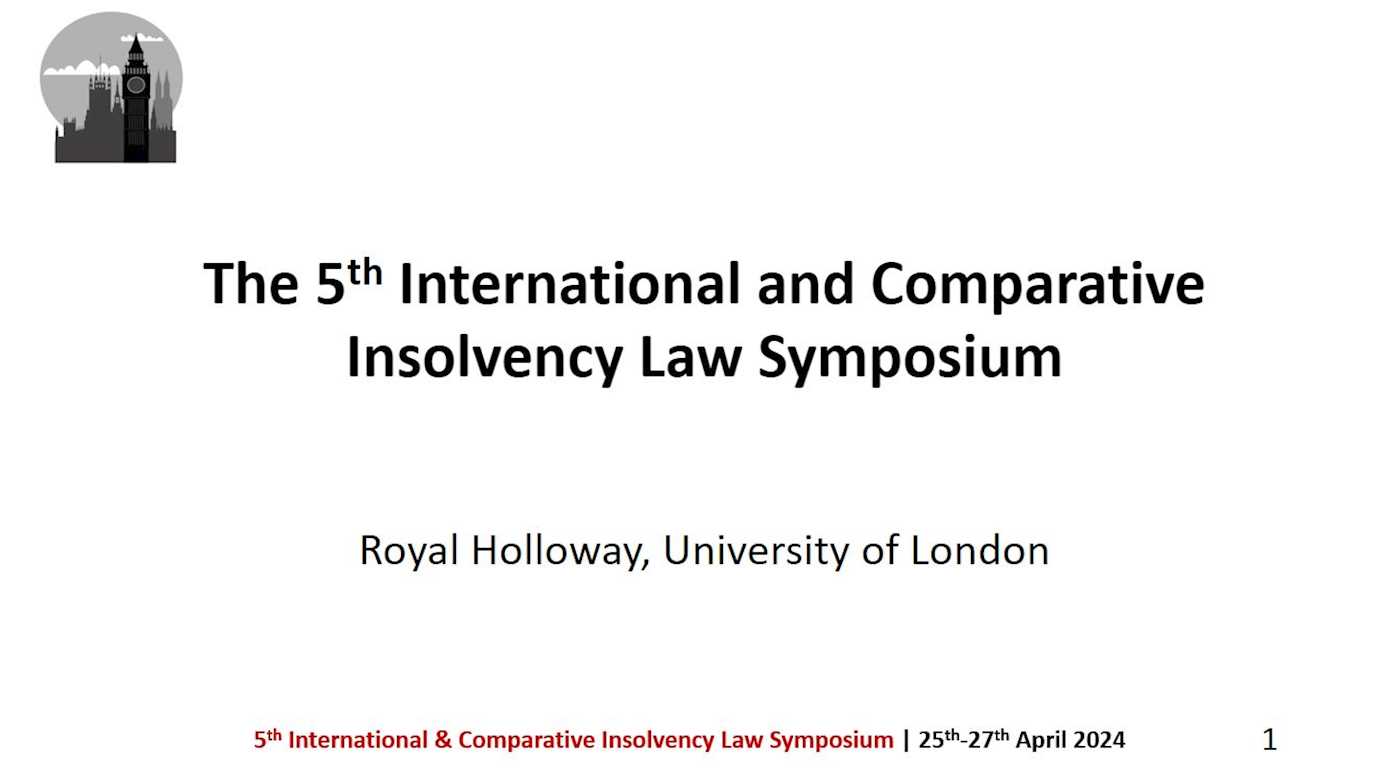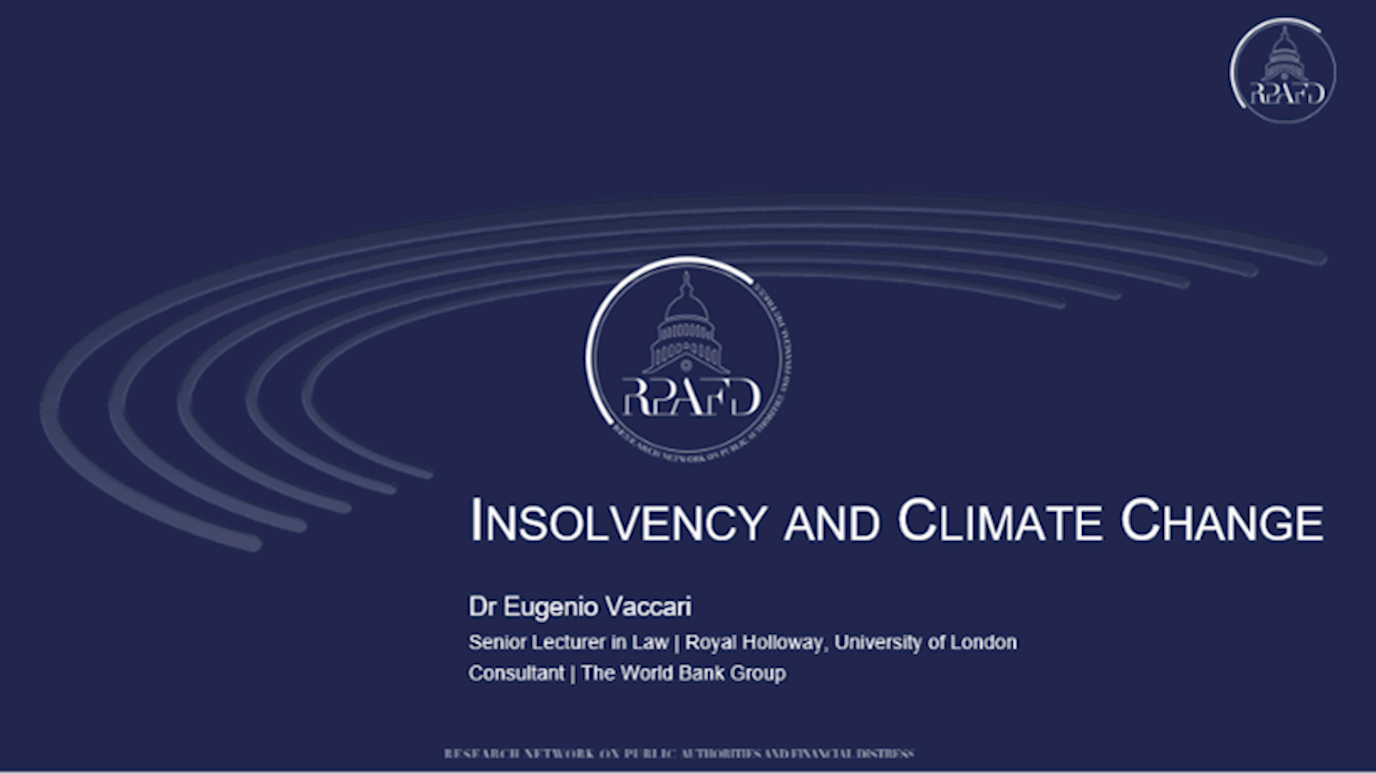Dr Christos Marneros presented his chapter “Legal Form and The Anarchist Critique of the Law” at the “Legal Form” Workshop, which took place at the Faculty of International and Political Studies, Jagiellonian University at Kraków, during the 14th and 15th of April 2023.

Dr Christos Marneros, Lecturer in Law, presented his chapter “Legal and The Anarchist Critique of the Law” at the at the “Legal Form” Workshop, which took place at the Faculty of International and Political Studies, Jagiellonian University at Kraków, during the 14th and 15th of April 2023.
The chapter engages with the notion of the legal form as this is developed by the Marxist legal Scholar, Evgeny Pashukanis, and it assesses its relevance but also its shortcomings when it comes to offering an impactful tool to the Anarchist Critique(s) and call for the total abolition of the Law. The chapter will be published by Routledge in 2024 as part of an Edited Collection on the concept of the legal form.
Dr Marneros’ chapter examines and discusses the potential way(s) that the understanding of legal form, as this is articulated and developed by the Marxist jurist Evgeny Pashukanis, could be utilised by anarchists and legal theorists who engage with an anarchist and/or anarchic critique of the law and who aim to seriously think about the possibility of living a life which is dictated by legal norms – in short, of a life beyond the yoke of the law.
While, as it argues, Pashukanis’ examination of the legal form is a significant step towards a call for the abolition of the law, it does not go all the way. The central argument tries to shed light on how the notion of legal form might be a useful tool in the effort to better grasp how the law becomes, perhaps, the most useful tool in the state’s ability to justify and enjoy a monopoly of violence. In doing so, I aim to demonstrate that the Marxist notion of the legal form and its reduction to mere “economism” suffers from a significant shortcoming. This is its inability to account for and take seriously the powerful ability of the law and juridical mentality to produce a special category of reactionary (legal) subjectivity, what I call here, the “perfect citizen.” This “perfect citizen” as a pacified, decadent and alienated form of subjectivity, consciously (or not) acts as the most faithful “agent” of the law and the state by justifying the state’s monopoly of violence. Thus, it is paramount that we rethink in terms of a potential anarchistic legal form or think beyond it.
The chapter starts with a brief examination of Pashukanis’ understanding of the legal form. It proceeds with a reading of the anarchist critique of the law and its ability to justify the state’s monopoly of violence, by focusing on the writings of two important thinkers of the anarchist tradition, albeit in a very different sense from one another, Peter Kropotkin and Max Stirner. Finally, the chapter concludes with an evaluation of how the legal form could be utilised – or become redundant – by an anarchist critique of the law.
























